
Linda Marsa
Medical and Science Reporter

Medical and Science Reporter
I'm an investigative journalist, author and teacher specializing in science, medicine and health. My latest book, Fevered: Why a Hotter Planet Will Hurt Our Health and How We Can Save Ourselves, about how climate change will affect our health, is due out in August. I'm also a contributing editor at Discover, and a former staff writer for the Los Angeles Times. My Discover story, Going to Extremes, about climate change in Australia, was anthologized in Best American Science Writing, 2012. I've also been a contributing editor for Omni and Ladies' Home Journal, and have written for dozens of national magazines, including the Los Angeles Times Magazine, Pacific Standard, Los Angeles, Spin, More, Mother Jones, Popular Science, Reader's Digest, Glamour, the Financial Times and Utne Reader. I'm also the author of Prescription for Profits: How the Pharmaceutical Industry Bankrolled the Unholy Marriage Between Science and Business.
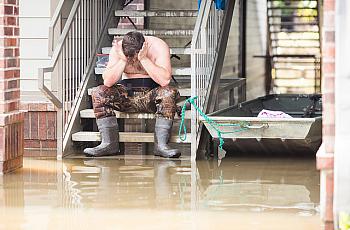
Houstonians may experience a public health crisis many orders of magnitude worse than the aftermath of other major storms.

Allergic disorders, including asthma and allergies, are one of the leading causes of chronic illness, affecting more than 50 million Americans and costing more than $20 billion annually.

A controversial UC Berkeley study released earlier this month that found rising temperatures can increase conflict, isn't the only research to have tied the two together with evidence from Africa to Australia.
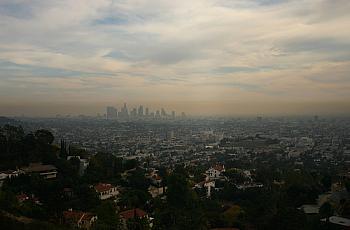
People who live in the country's industrial zones and experience its pollution already feel the effects of what a hotter planet will bring as carbon levels climb and air quality steadily worsens, resulting in higher rates of asthma, allergies, respiratory ills and even heart disease.

Subtle changes in the climate -- warmer winters, wetter and earlier springs, and greener environments because of more rainfall -- contribute to increasing pest populations. Sometimes deadly pathogens hosted by these vectors are now moving to warming regions, too.
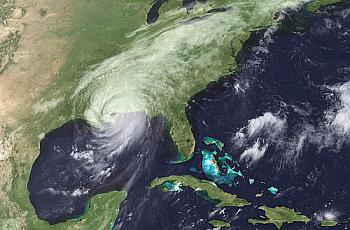
In the aftermath of Superstorm Sandy and Hurricane Katrina, both New York City and New Orleans came up with a suite of innovative strategies aimed at making their public health systems more resilient and flexible in a disaster.
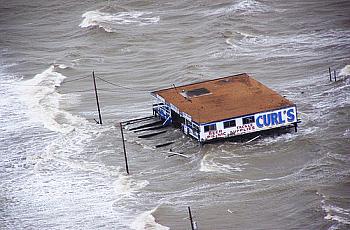
Hurricanes pose a tremendous threat to our coastal cities, which are home to nearly half the nation’s population. As the mercury continues to climb, the intensity and frequency of hurricanes has been the subject of intense debate within scientific circles.

In 2010, when I started researching the health effects of climate change for my book, Fevered, it seemed like this looming threat wasn’t on the nation’s radar screens. I was pessimistic that changes could be made in time to avert catastrophe. But as I drilled down, I was pleasantly surprised to disc

Prolonged hot streaks can wither crops, buckle roads, cause train derailments when metal tracks warp in the heat, and trigger power outages because of the high demand for electricity. But the most profound effect of unflaggingly high temperatures is on our health.
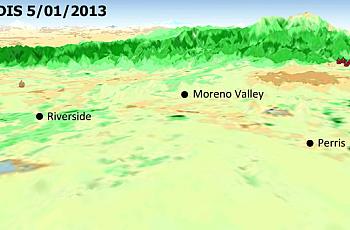
If climate models that predict steady warming prove accurate, deadly wildfires stand to increase in intensity and frequency across the U.S. More research is needed to understand their impact on our health.